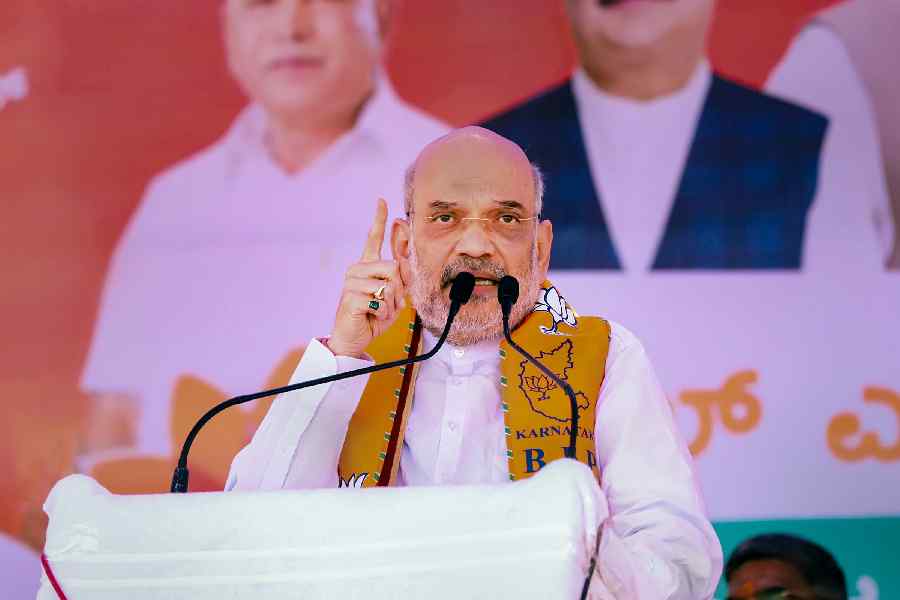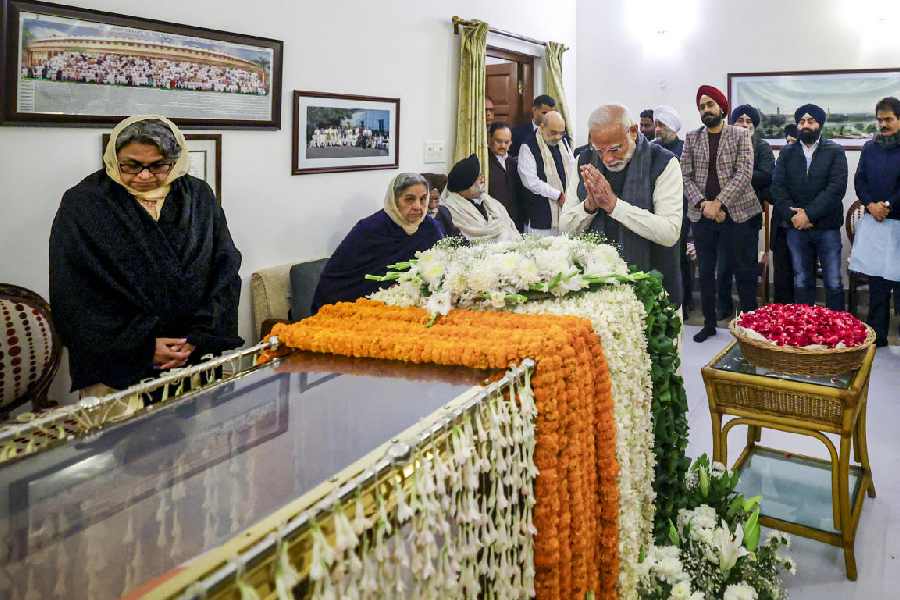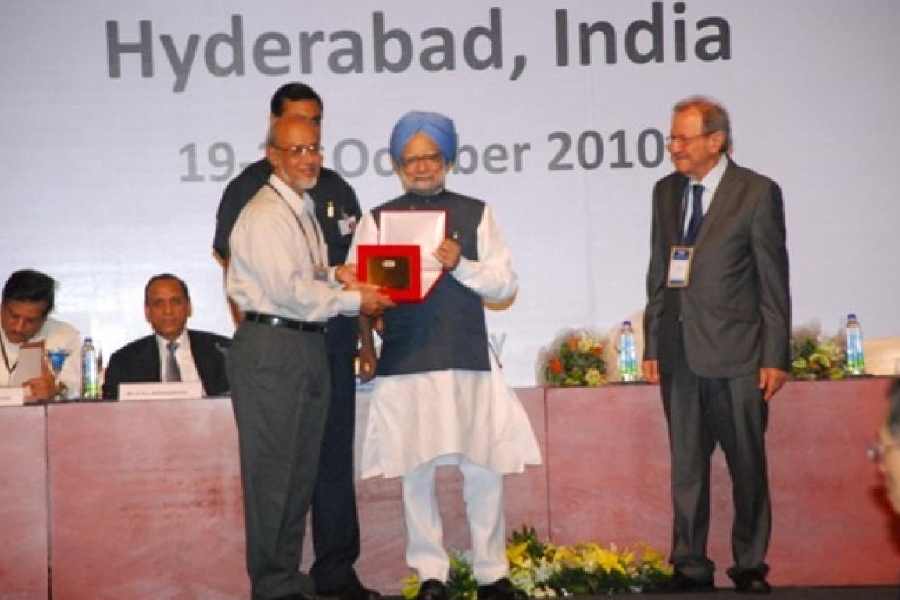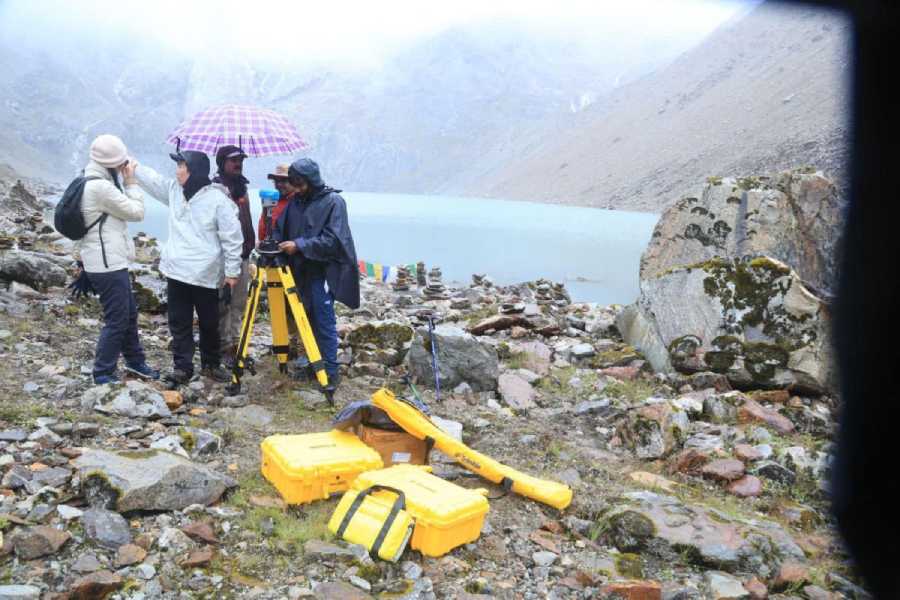It may be tough to discern what Rabindranath Tagore had in common with the Bharatiya Janata Party, but the Union home minister has found it. In his homage to Tagore on the poet’s birthday, Amit Shah declared that Tagore’s emphasis on education in the mother tongue had inspired the BJP to do the same in the National Education Policy. Learning the mother tongue is certainly of great importance, but seizing on Tagore’s thoughts about it suggests a desire to strike a chord with voters in West Bengal. However, to do this, the context of Tagore’s educational philosophy must be erased. India was then ruled by the British, and Tagore rejected the regimented system of education for younger children that eroded the free development of minds, contact with nature, and happiness in play. Education in the mother tongue was part of this larger vision but that did not bar other languages. Tagore himself wrote a series for easy learning in English, for instance. And his ideal included all young people. Does the implementation of the NEP guarantee that, or are the latest policies of Mr Shah’s government regarding young people from less privileged families as inclusive?
Mr Shah’s eulogies included Tagore’s attempt to combine ancient knowledge with modern techniques. It is not clear what Mr Shah meant by modern — perhaps the importance Tagore ascribed to science and scientific methods in, say, agriculture — but it is undeniable that Tagore’s concept of ancient knowledge systems was strikingly different from the BJP’s. These trifles, though, did not deter Mr Shah, who said that by founding Visva-Bharati as a world-class educational institution in Santiniketan with Nobel prize money, the poet showed India’s soul to the world. This is also the Narendra Modi-led BJP’s aim — just that the ‘soul’ it exposes is everything Tagore fought against. Mr Shah’s deprecation of ‘narrowness’ in politics, society and patriotism today which is against Tagore’s ideals was, amazingly, not meant to be humorous. That Tagore was projected as having inspired the ideas behind the NEP is deeply ironic: there is a distinct vocational — instrumental — thrust to education in the NEP that may have aggrieved the poet who was a seeker and advocate of learning in its truest sense. Broadly speaking, what could a towering poet who tried to instil love for all humanity and all cultures, who strongly rejected patriotism and the nationalism that fosters aggression, who pursued truth in all his work, have to do with the BJP’s ideology and practices?
It is an even greater irony — or a piece of absurd humour — that the great institution Mr Shah claimed was an example to the world is in such a pitiful shambles today: the university is under the Centre’s care. Even without going into the issue of its treatment of another Nobel laureate, it may be necessary to remind the BJP that the name of the university symbolises Tagore’s humanism and openness to the world, and its location in Santiniketan evokes peace and harmony. Not really the BJP’s cup of tea, is it?











